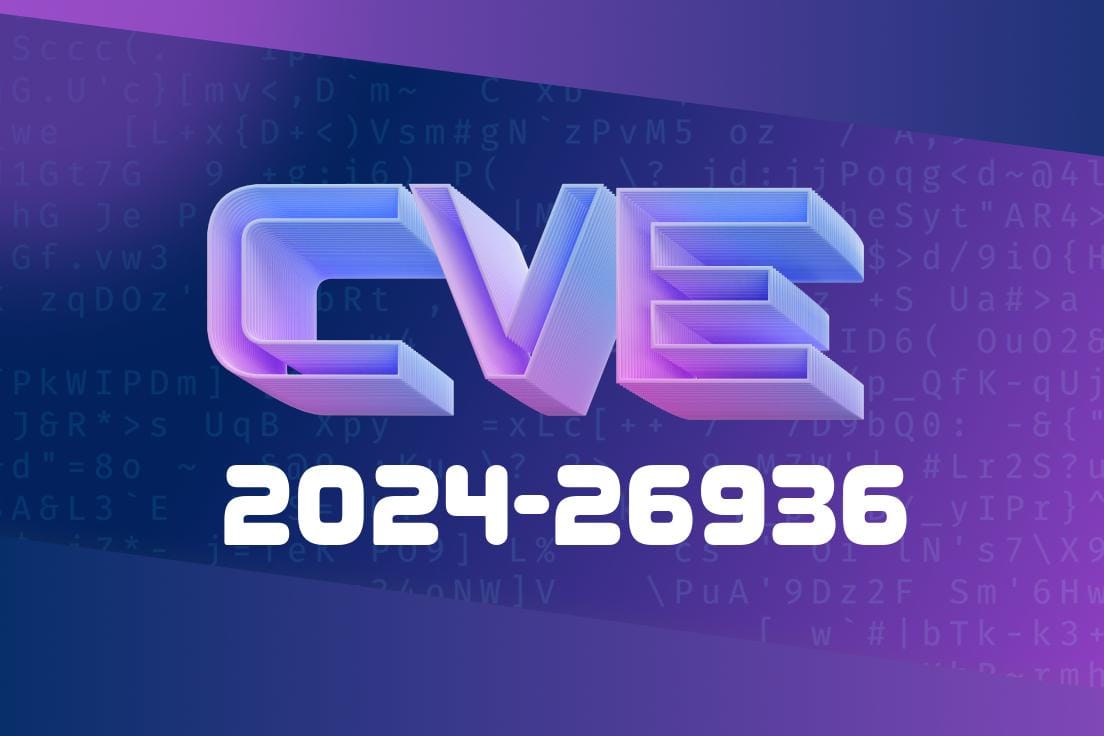In early 2024, a critical vulnerability was found and fixed in the Linux kernel's ksmbd file server, relating to unsafe handling of network request buffers. Tracked as CVE-2024-26936, this bug could have let clever attackers crash Linux machines or possibly run malicious code… all by sending a specially crafted SMB2 request.
We’ll walk through what ksmbd is, how the bug worked, what the fix changed, show some code, and link you to more resources. All in simple terms!
What is KSMBD?
ksmbd is a new kernel-mode SMB server, letting Linux systems act as a “Windows-compatible file share” server for SMB2/SMB3 clients. This is faster than the older user-space smbd because it runs right inside the OS kernel.
But this also means that if you find a bug in ksmbd, you’re *right in the heart of the system*, with high privileges.
The Bug: Unsafe SMB2 Response Allocation
When a Windows client talks SMB2, it sends requests with a header (type, length, etc) and a payload (the real data). ksmbd processes these request buffers in C code.
Here’s the problem: inside the smb2_allocate_rsp_buf() function (which allocates a reply buffer), fields from the incoming request buffer are used *before* properly checking that the buffer is even large enough to contain them!
If an attacker sends a *tiny* but *maliciously crafted* packets, the server might read past the end of the buffer—*a classic out-of-bounds read or write*.
The Fix: Validate Buffer Size First
The Linux kernel developers patched this by adding an explicit check at the *top* of smb2_allocate_rsp_buf() to make sure the request buffer is large enough before reading anything in it.
Before (vulnerable)
// Accepts a pointer to buffer. Assumes fields exist, reads them blindly.
int smb2_allocate_rsp_buf(struct ksmbd_work *work) {
struct smb2_hdr *req_hdr = (struct smb2_hdr *)work->request_buf;
// ... Uses req_hdr fields, even if buffer is tiny!
After (fixed)
int smb2_allocate_rsp_buf(struct ksmbd_work *work) {
// Ensure request buffer is large enough for a full SMB2 header
if (work->request_buf_size < sizeof(struct smb2_hdr)) {
ksmbd_debug("Request buffer too small\n");
return -EINVAL;
}
struct smb2_hdr *req_hdr = (struct smb2_hdr *)work->request_buf;
// ... Safe to access req_hdr fields now
This simple size check closes the hole. With it, even if an attacker sends a too-small packet, the code refuses to go further.
How Could It Be Exploited?
A remote, unauthenticated attacker could send a malformed SMB2 request to a Linux system with ksmbd exposed (such as a NAS or a samba server) on the network.
- If they sent a request buffer smaller than expected, the original code would read into memory it shouldn’t touch.
This often leads to a crash (denial of service).
- In some rare cases, if an attacker is clever and the stars align, it could let them run arbitrary code in the kernel—*a total security disaster*.
You’re *only* affected if
- You run Linux with ksmbd enabled (most desktop/server distros do not by default!)
- Your kernel version is below 6.7.1, or prior to mainline patch inclusion (Jan 31, 2024)
How To Fix & What to Do
- Update your kernel: Upgrade to Linux 6.7.1 or later, or make sure your distribution has applied the ksmbd patch referenced above.
- Disable ksmbd if you don’t actually need SMB/CIFS file sharing from your Linux system.
Original Linux kernel patch:
ksmbd: validate request buffer size in smb2_allocate_rsp_buf()
NVD entry for CVE-2024-26936:
https://nvd.nist.gov/vuln/detail/CVE-2024-26936
KSMBD project:
https://www.kernel.org/doc/html/latest/filesystems/cifs/ksmbd.html
CVE Patch Diff:
Summary
CVE-2024-26936 was a bug in how ksmbd handled network requests—exploitable for denial-of-service or worse! Thankfully, with a straightforward patch, Linux once again shows the value of open, peer-reviewed code. Stay patched…and keep those ports closed.
*Got questions or want to dive deeper? Ask below, or check out the references above for more technical details!*
Timeline
Published on: 05/01/2024 05:26:51 UTC
Last modified on: 09/18/2025 14:19:00 UTC
